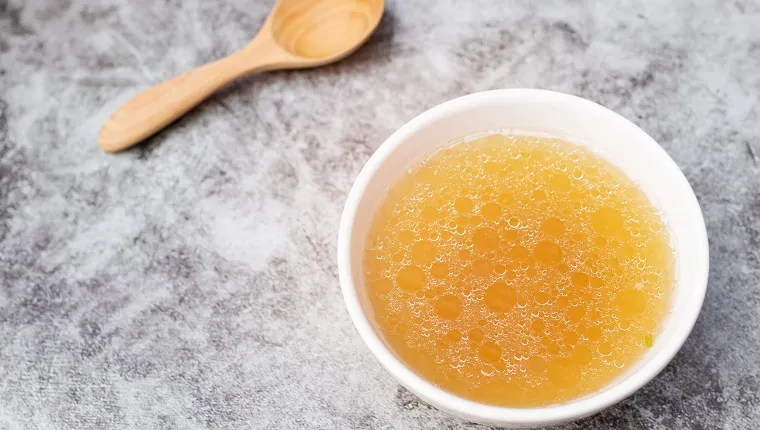Greetings, cat lovers and curious cat parents! Today, we’re diving into a hot topic (pun intended): chicken broth and its suitability for our feline friends. You might have wondered whether that warm, savory liquid is a safe treat for your kitty. Let’s whisker our way through the facts and explore whether chicken broth deserves a spot in your cat’s dining repertoire.
Understanding Your Cat’s Dietary Needs
A Balanced Feline Diet
Before we delve into the world of broth, it’s essential to understand what makes up a typical cat’s diet. Cats are obligate carnivores, meaning their bodies thrive on animal-based protein. They have specific dietary needs that are different from humans or even some other pets.
Broth Basics
What Is Chicken Broth?
Chicken broth is a liquid made by simmering chicken meat, bones, and sometimes vegetables in water. It’s a flavorful and aromatic concoction that’s often used as a base for soups, stews, and other dishes.
Nutritional Value
Chicken broth is relatively low in calories and fat, but it’s rich in flavor. It contains vitamins, minerals, and collagen, which is a protein found in connective tissues and bones. While it can be a healthy addition to human diets, its suitability for cats deserves a closer look.
Can Cats Safely Sip on Chicken Broth?
The Broth Benefits
In moderation, plain, homemade chicken broth can offer some potential benefits for cats. It can provide extra hydration, which is especially beneficial for cats prone to urinary issues or those who don’t drink enough water.
The Broth Dilemma
However, there are concerns to keep in mind. Store-bought chicken broths often contain added ingredients like salt, onions, garlic, and seasoning, which can be harmful to cats. These additives can lead to gastrointestinal upset or even more serious health issues.
Expert Opinions and Government Guidelines
Veterinary Insights
Veterinarians recommend caution when feeding chicken broth to cats. While a small amount of plain, homemade broth can be safe and beneficial, it should not replace your cat’s primary diet, which should consist of high-quality cat food.
Government Recommendations
Government health agencies like the FDA advise against feeding cats a primarily liquid or homemade diet, as it may not meet their specific nutritional requirements. Always consult with your veterinarian for guidance on your cat’s diet and specific dietary needs.
Making Broth Work for Your Cat
Homemade vs. Store-Bought
If you’re considering giving your cat some chicken broth, it’s best to make it at home without any added ingredients. This way, you can control what goes into it and ensure it’s safe for your feline friend.
Portion Control
Remember, moderation is key. A small amount of plain, homemade chicken broth as an occasional treat should be safe for most cats. However, if your cat has any underlying health issues or dietary restrictions, consult with your veterinarian first.
The Final Meow
A Treat with Caution
In conclusion, chicken broth can be a safe and hydrating treat for your cat if offered in moderation and without harmful additives. However, it should never replace your cat’s primary diet, which should consist of balanced and nutritionally complete cat food.
- Best LeadsGorilla Alternatives for 2025 - April 19, 2025
- Best Coldlytics Alternatives for 2025 - April 19, 2025
- Best Brevo Alternatives for 2025 - April 18, 2025



